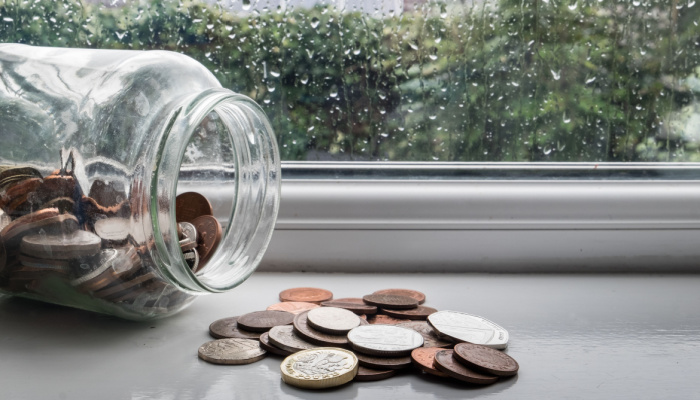While most people welcome increased income, it can be a double-edged sword, resulting in more than just a higher income tax
bill. With tax bands frozen for several years, higher rate taxpayers should be looking at which reliefs are still available to them.
The new tax year in April will bring reduced allowances and frozen thresholds, so it’s essential to check whether a pay rise will affect the reliefs you’re entitled to as well as the rate of income tax you’ll pay, so you can keep your personal finances in order.
Marriage Allowance
If they earn below the £12,570 threshold for the tax-free Personal Allowance, the Marriage Allowance lets the lower earner in a couple transfer up to £1,260 of their annual allowance to their higher-earning spouse or civil partner.
However, this only applies if the recipient spouse is a basic rate taxpayer. If an income increase pushes them over the frozen threshold for higher rate tax, it will no longer be available and the lower-earning partner must cancel their claim.
To avoid having to do this, the higher earner could make enough pension contributions to keep their income below the £50,270
upper threshold for basic rate tax.
Child Benefit
The government pays Child Benefit at a weekly rate to parents who claim for their eligible children, which is the same amount regardless of the parents’ income.
However, the government starts to claw this back through the High Income Child Benefit Charge if either parent begins to earn more than £50,000
a year. Every £100 over this loses 1% of the benefit, until it is completely lost at £60,000.
Parents have to submit an annual tax return declaring this in order to pay the HICBC, but plans are in motion to make it possible for employees to pay through PAYE.
Again, either parent whose pay rise may affect Child Benefit entitlement could use pension contributions to lower their taxable income and retain eligibility.
Childcare
To support parents getting back to work, the government provides free childcare for those working at least 16 hours a week and earning less than £100,000 a year.
Currently, 15–30 hours a week of free childcare is available for 3–4 year olds, with 15 hours a week for 2–3 year olds starting in April and for 9 month–2 year olds from September. The schemes may differ in Scotland, Wales, and Northern Ireland.
If the parent claiming free childcare or their partner begins to earn more than £100,000 annually, they will no longer be eligible for tax-free childcare and must cancel it.
In this case, increasing pension contributions could once again help to keep their adjusted net income below the cutoff for free childcare support eligibility.
Savings tax trap
While basic rate taxpayers can earn up to £1,000 a year in tax-free savings interest, higher rate taxpayers can earn up to £500. Additional rate taxpayers have no savings interest allowance, as this is lost once annual income exceeds £125,140.
Even if the amount of savings doesn’t change, the tax on its interest could therefore increase if a basic rate taxpayer is pushed over the frozen higher rate threshold due to earning or receiving more income.
Aside from pension contributions, investing in an Individual Savings Account (ISA) can also help to mitigate this, as ISAs allow tax-free savings of up to £20,000 a year.
Tax, pensions, and savings advice
If you’re at risk of losing tax allowances and reliefs due to increasing income in the coming tax year, it could be worth looking into personal pension contributions.
The government website has more information about tax relief for private pensions, as making private contributions can be a tax-efficient way for higher earners to preserve their entitlement to the Marriage Allowance, Child Benefit, and free childcare.
For professional advice on managing personal tax liabilities and reliefs, why not get help from accountants in Barnsley? The team at gbac can provide a range of efficient financial services, so get in touch to find out more.
